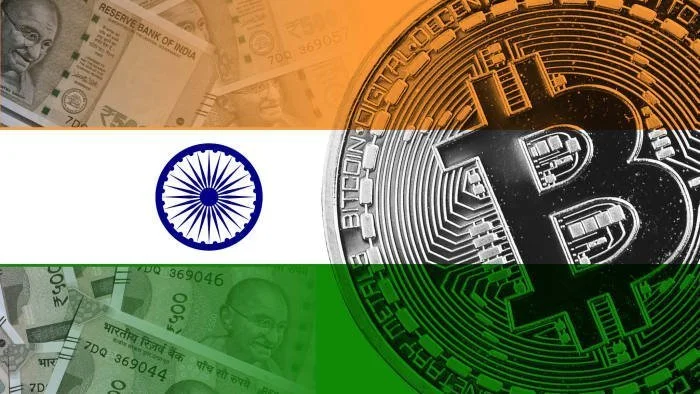According to two anonymous sources, the Gujarat International Financial Services Centres Authority (IFSCA) controls bitcoin transactions. Crypto insiders in India have asked for the asset class to be regulated as commodities.

Insiders in India’s blockchain and cryptocurrency industries have advised the ministry of finance to treat cryptocurrencies as commodities.
Investors would be classified as commodity investors who must adhere to KYC compliance standards under the authority’s legislation.
They also urge that under the Liberalised Remittance Scheme, investors’ individual shares be capped to $250,000. This may face pushback from Indian investors, who have been consuming the bitcoin industry at a breakneck pace.
This differs from a previous proposal, which advocated for a separate entity. “One of the participants in the discussions said,” said one of the participants in the discussions.
“We had earlier suggested setting up a separate Digital Asset Regulatory Authority (DARO), but the idea didn’t fly with the government as it would require a separate law altogether.”
Because the asset class is popular in India, the Indian government will want to act quickly. According to a recent survey, non-metropolitan cities have played a significant role in adoption.
Regulation stance in India
Xiaomi, one of the most popular electronics manufacturers in the country, is also considering developing a lending platform, but has deferred for the time being.
Companies are doing well as well, with CoinDCX being the first crypto unicorn in the country. Even so, if clearer regulation were in place — which may happen soon — there would be a lot more growth. After all, Indian investors regard cryptocurrency as a new sort of gold, and it is in high demand.
The news is the most recent chapter in the ongoing tale of Indian cryptocurrency legislation. The decision to regulate the market has been postponed, besides flip-flopping between a draconian stance and a reasonably encouraging one.
The latest news suggests that the government is going for a more friendly approach. It realizes that the market has a lot to offer and can encourage growth. At the same time, it’s concerned about the fraud and the potential for illicit activity
Like many other countries, it has decided to look into the use of a CBDC. The country’s central bank, the Reserve Bank of India, may introduce digital currency in phases.
Not much else has been said about it, but it’s possible that the government will announce something by the end of the year.

